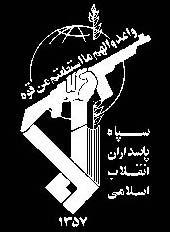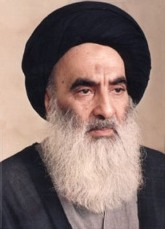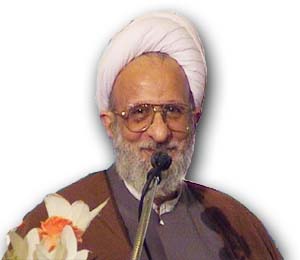United States Posturing in Iraq
The Sunni-Shia conflict in Iraq is peripheral to the real power struggle between Sayyed al-Hakim and Sayyed al-Sadr. The Shia are an estimated 63-66% of Iraq but that power struggle, should it become an open war, would not involve the Shia; all of Iraq would be drawn into the conflict. The Sunni Arabs would mainly supporting Sayyed al-Sadr whilst conversely the Kurds would support Sayyed al-Hakim.
Ayatullah al-Uzma al-Sistani has been trying to defuse this conflict and consequently flatly rejected the US plan. Last Sunday he summoned Sayyed Moqtada al-Sadr to his Najaf residence and asked for his support, he had previously conveyed to Sayyed al-Hakim that Sayyed al-Sadr must not be sidelined.
A deal has been provisionally reached where the United States deploys an additional 21,500 troops in Baghdad and Anbar province, whilst there is a redeployment of Iraq troops to Baghdad. Hence, the United States is withdrawing and despite its bravado about taking on the Mahdi army in a finally push, this is unlikely; the US cannot possibly hope to take on Sayyed al-Sadr with a positive result, nor would al-Malaki have the support to do so.
It is likely that the US will do as it did this week in in Hafia, concentrate on the Sunnite areas and leave Sadr city ostensibly to the Iraqi army but in reality it will remain firmly in the grasp of the Mahdi army. There may be some limited token clashes to give the appearance of even handedness, however it is preposterous to think that the United States envisages being able to destroy the Mahdi army with these reinforcements; there are two-and-half million in al-Sadr city, so an additional 17,500 US troops (4,000 are to be deployed in Anbar province) is not nearly enough. This is little more than posturing and ill-advised: posturing has not served the United States well in Iraq - it has resulted in the death of over 3,000 US military personnel.








No comments:
Post a Comment